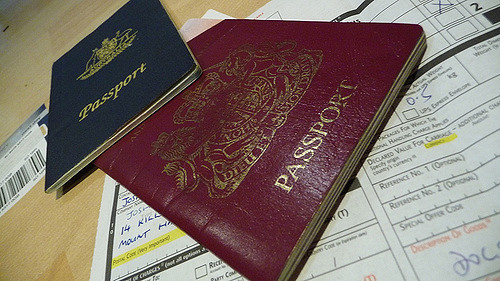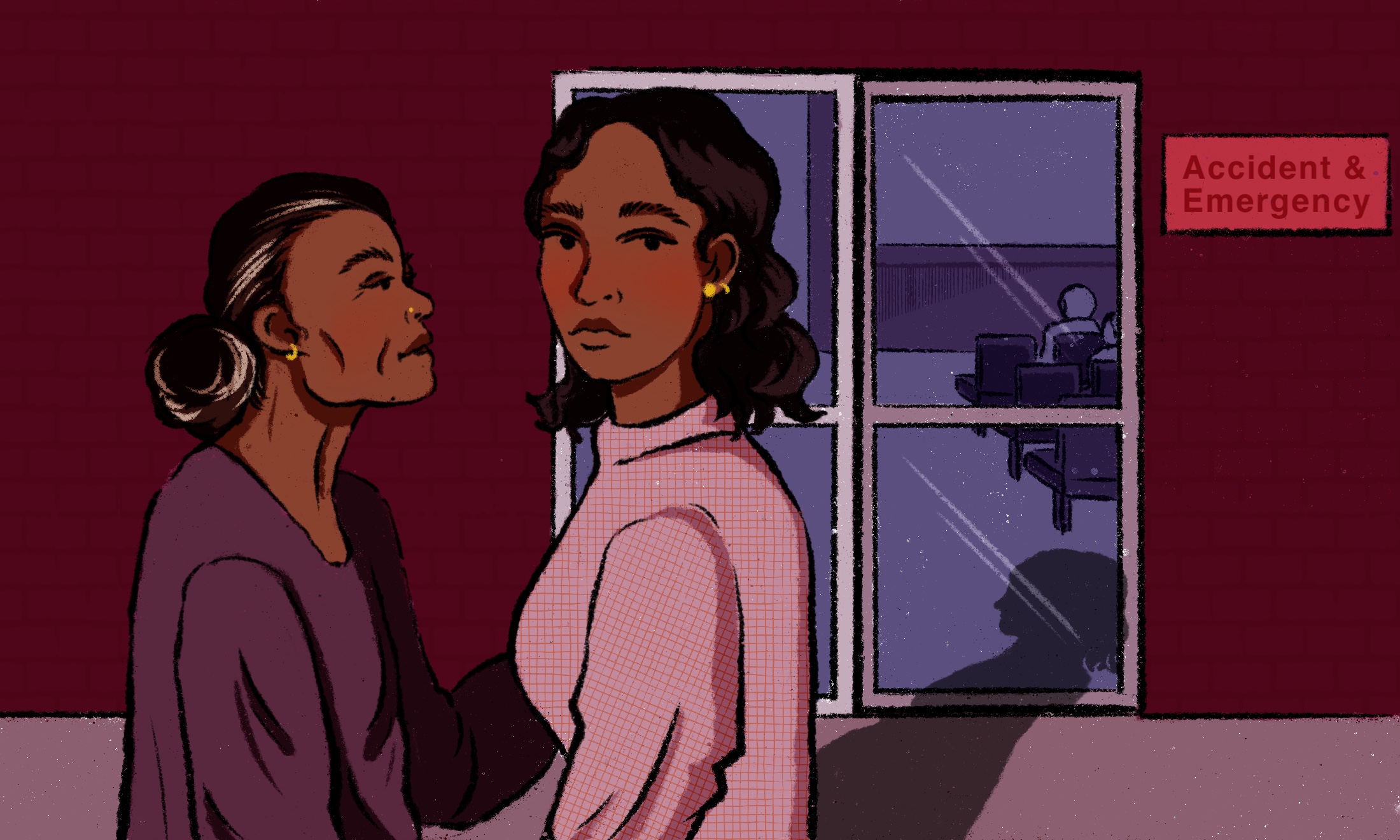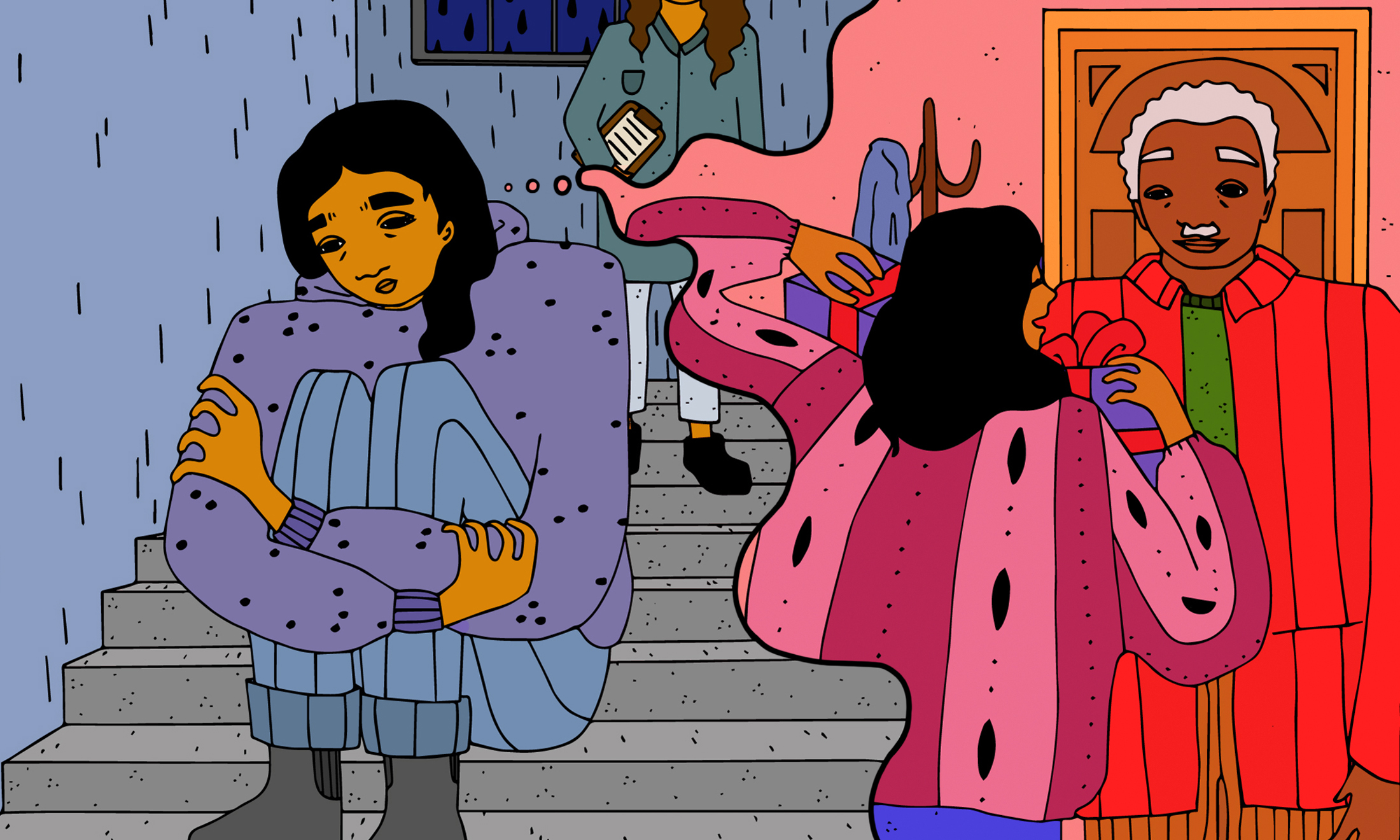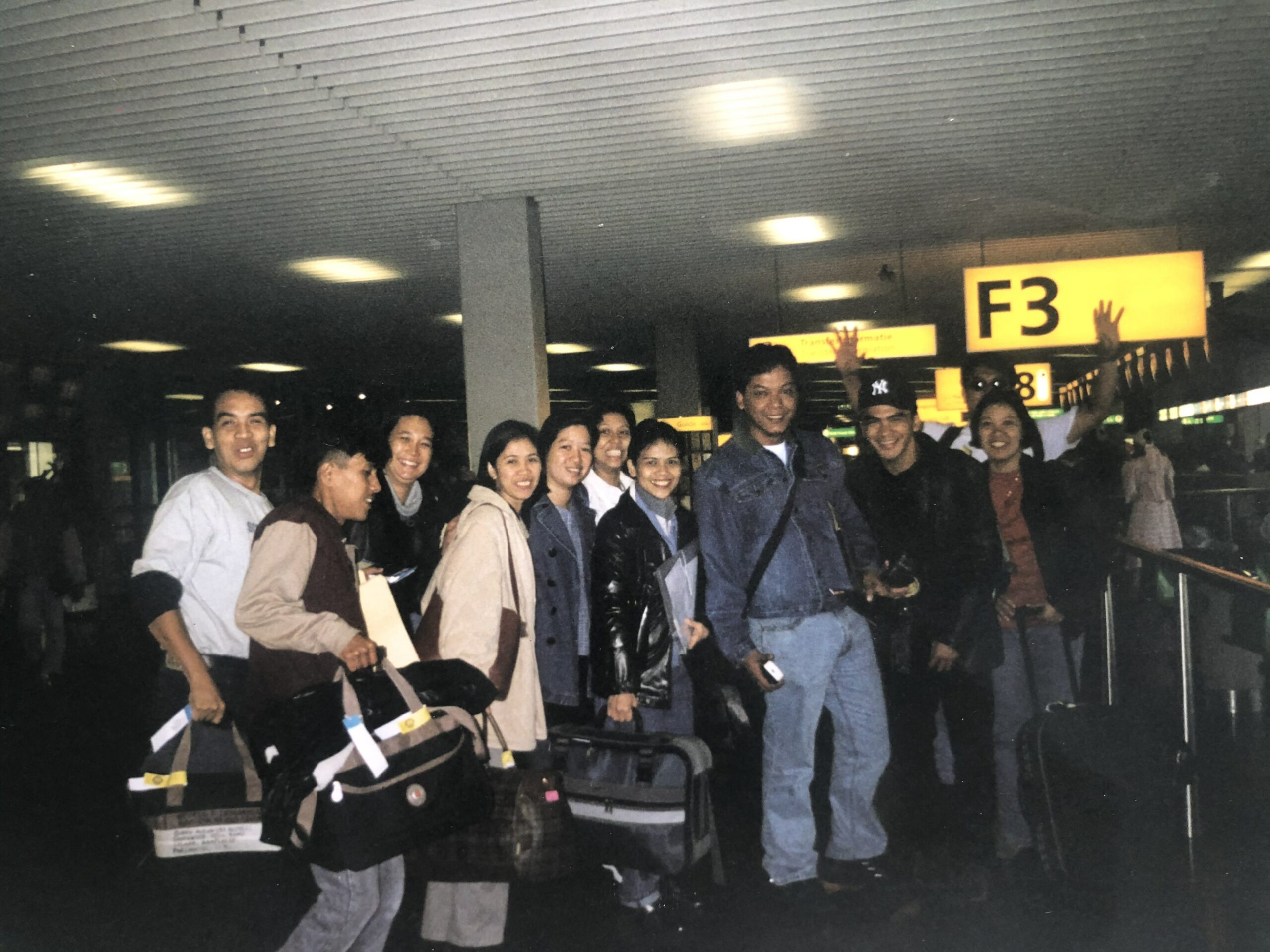
This week the Department of Health revealed plans to ensure patients produce passport identification before receiving free NHS treatment. The National Audit Office revealed that the NHS was failing to collect £200 million pounds annually from patients who should have paid for treatment.
Since we are currently entering the post-Brexit backlash where the hatred of otherness has become mainstream, I am not surprised that it has been decided that the most suitable scapegoat for the ever-growing NHS deficit (£2.5 billion last year) are migrants. Why not ignore the chronic mismanagement and the farming out of contracts to private companies? Front line NHS staff myself included have been fighting against such a change for the last few years.
During my first year as a junior doctor, all the doctors in my hospital received an email stating that there would be new checks on those that were admitted via A&E and we should assist a new “Overseas Patient Liaison” in checking people’s status. Many of my colleagues and I wrote angry emails asking just how we would be asking patients, who would be targeted, and asserted that we would not be complicit in denying people potentially life-saving treatment. It didn’t stop them attempting the idea without our assistance and a colleague of mine told me a story of a “foreign” looking family being accosted in paediatric A&E for identification. I found the incident too troubling to dwell on and pushed it to the back of my mind.
Then a year later I was forced to confront the ridiculous idea once more when I saw a desk labelled “Paying Patient Desk” in an Emergency Department. Allegedly this plan will only be applied to non-urgent, unplanned care not emergency care so I’m still confused as to why this desk was in an Emergency Department. Its presence alone may well have frightened a few patients that genuinely require emergency healthcare.
“As medical professionals are we to allow the women to birth alone, perhaps develop some serious complications like a severe bleed and then intervene much too late?”
A friend working in a busy London obstetric department told me that management was concerned that they were losing a lot of money and that they would henceforth be requesting to see passports before admitting women to the labour ward. On the one hand, the UK government through its International Development Agency is supporting the idea that we should be working to reduce maternal mortality whilst frightening women away from their own labour wards. I don’t understand it. As medical professionals are we to allow the women to birth alone, perhaps develop some serious complications like a severe bleed and then intervene much too late? Do we want to become like the US health system and provide uninsured individuals with just enough care to prop them up and then dispatch them until their next medical emergency?
This scaremongering has very real, long lasting consequences. One patient disclosed that despite having severe symptoms of renal failure, she did not seek medical attention early as she feared deportation – she is now on lifelong dialysis treatment. Who knows if this could have been avoided by earlier management? I am not alone; all of my medical friends have similar tales of woe.
The whole notion sounds like it has been created by those who are not medically trained and have no role in frontline care. It is not only implausible but may well prove catastrophic.
Many medical professionals chose their careers because they are firm believers in equal access to healthcare for everyone; health care as a basic human right. As the American physician and anthropologist Paul Farmer once stated: “For me an area of moral clarity is: you’re in front of someone who’s suffering and you have the tools at your disposal to alleviate that suffering or even to eradicate it, then you act.”
That is why I will be resisting any changes that challenge these core values and may increase morbidity amongst the migrant community.









